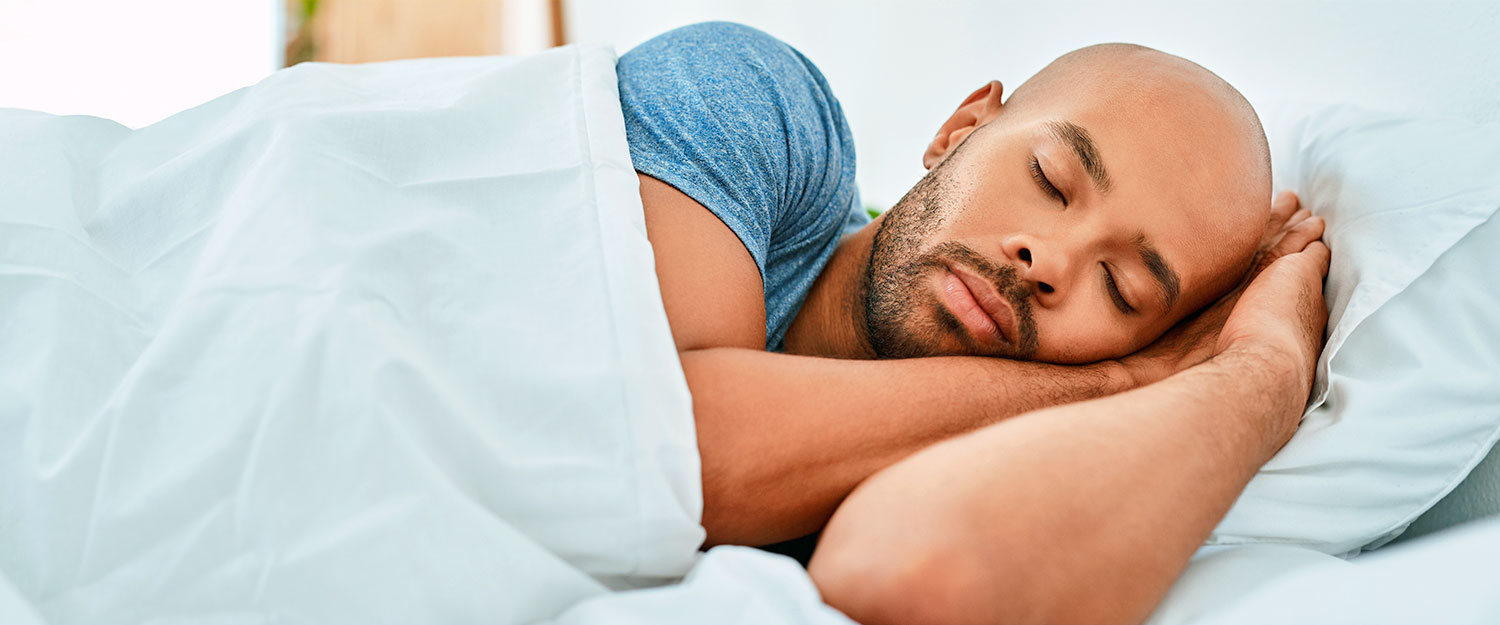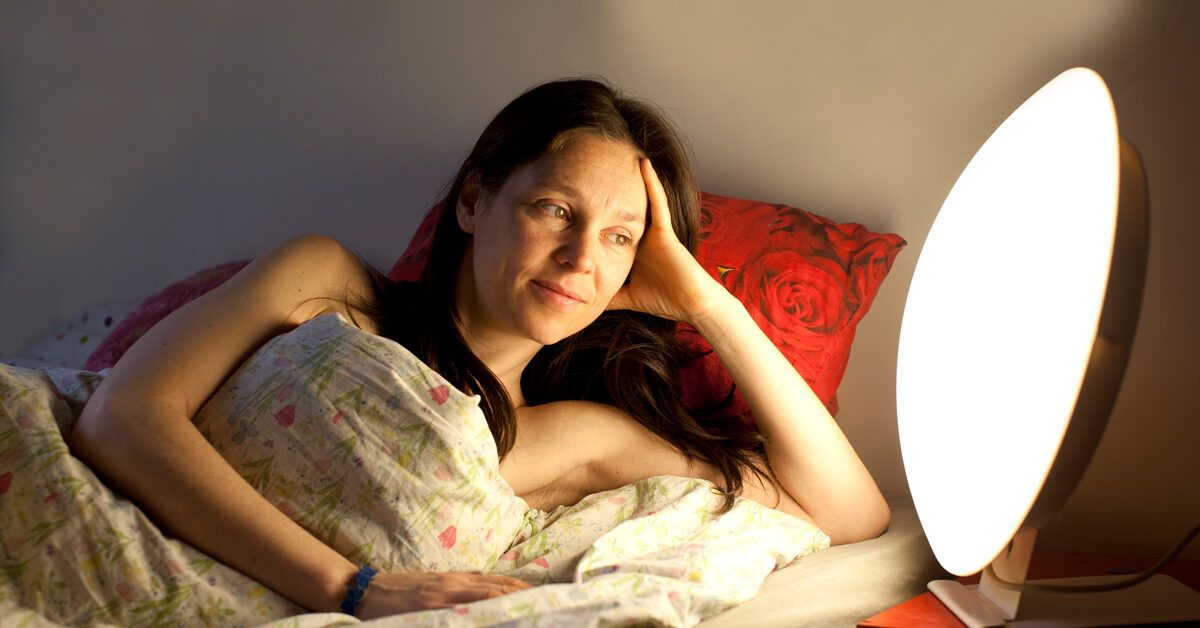Experienced Insomnia Specialist - Personalized Take Care Of Better Sleep
Experienced Insomnia Specialist - Personalized Take Care Of Better Sleep
Blog Article
Effective Therapy Solutions for Handling Rest Disorders and Enhancing Restful Sleep
In the world of medical care, the monitoring of rest problems and the mission for relaxing sleep are pivotal elements of overall well-being. Reliable treatment services offer a complex approach to take on these difficulties, varying from cognitive behavior interventions to holistic practices that promote relaxation and mindfulness. The exploration of various techniques, including the integration of medicine and light treatment, opens up a realm of possibilities in the search of far better rest top quality. As we navigate the elaborate landscape of rest problems and seek to enhance our sleep experience, a deeper understanding of these therapy services may hold the secret to opening an extra refreshing and satisfying restorative journey.
Cognitive Behavior Treatment for Sleep Problems (CBT-I)
Cognitive Behavioral Treatment for Insomnia (CBT-I) is a structured, evidence-based therapy technique that concentrates on resolving the underlying aspects adding to sleep disturbances. This type of therapy intends to customize habits and ideas that exacerbate insomnia, inevitably advertising healthy and balanced rest patterns. CBT-I commonly includes numerous crucial parts, including cognitive treatment, rest constraint, stimulation control, and rest hygiene education.
Cognitive treatment assists people recognize and transform negative thought patterns and beliefs concerning sleep that may be preventing their capacity to fall or remain asleep. Rest restriction includes limiting the quantity of time invested in bed to match the individual's actual sleep duration, thus boosting rest effectiveness (insomnia specialist). Stimulus control strategies help establish a strong association in between the bed and rest by urging individuals to visit bed just when drowsy and to prevent participating in stimulating activities in bed
In addition, rest health education concentrates on establishing healthy and balanced sleep routines, such as maintaining a consistent sleep schedule, creating a relaxing bedtime routine, and maximizing the sleep environment. By dealing with these factors comprehensively, CBT-I uses an efficient non-pharmacological intervention for taking care of insomnia and improving total rest high quality.
Rest Hygiene Practices
Having developed the foundation of cognitive restructuring and behavior alterations in addressing sleeplessness through Cognitive Behavior modification for Sleep Problems (CBT-I), the focus currently changes in the direction of discovering essential Sleep Hygiene Practices for preserving ideal sleep high quality and overall wellness.
Sleep hygiene methods include a range of behaviors and ecological aspects that can dramatically impact one's capacity to go to sleep and remain asleep throughout the night. Constant rest and wake times, creating a relaxing going to bed regimen, and optimizing the rest environment by maintaining it dark, silent, and cool are crucial parts of good sleep hygiene. Restricting direct exposure to displays before bedtime, avoiding energizers like high levels of caffeine near to going to bed, and taking part in regular exercise throughout the day can also advertise better sleep quality.
In addition, exercising relaxation methods such as deep breathing workouts or meditation before bed can aid soothe the mind and prepare the body for sleep. By integrating these rest hygiene techniques into one's day-to-day routine, individuals can establish a healthy rest pattern that supports relaxed rest and total well-being.
Leisure Methods and Mindfulness
Carrying out relaxation methods and mindfulness techniques can play an essential duty in fostering a sense of tranquility and promoting quality sleep. Furthermore, led imagery can help deliver individuals to a tranquil location in their minds, assisting in stress reduction and boosting rest quality.
By integrating these methods into a going to bed regimen, individuals can indicate to their bodies that it is time to relax and prepare for sleep. In general, integrating relaxation techniques browse this site and mindfulness practices can considerably contribute to taking care of rest conditions and boosting general sleep top quality.

Medicine Options for Rest Disorders
After exploring relaxation methods and mindfulness techniques as non-pharmacological interventions for improving sleep top quality, it is necessary to take into consideration medicine options for individuals with sleep conditions. In situations where way of life modifications and treatment do not give enough alleviation, medicine can be a valuable tool in managing rest disruptions.
Frequently suggested drugs for rest disorders include benzodiazepines, non-benzodiazepine hypnotics, antidepressants, and melatonin receptor agonists. Antidepressants, such as trazodone, can be beneficial for individuals with co-occurring clinical depression and sleep disturbances - cognitive behavioral therapy for insomnia (CBT-I).
It is critical for people to talk to a healthcare provider to establish one of the most suitable drug choice based upon their details rest disorder and case history.
Light Treatment for Circadian Rhythm Law
Light therapy, also referred to as phototherapy, is a non-invasive therapy method made use of to control body clocks and improve sleep-wake cycles. This therapy involves exposure to intense light that imitates natural sunlight, which assists to reset the body's inner clock. By exposing individuals to details wavelengths of light, usually in the early morning or night depending upon the desired impact, light treatment can effectively change the circadian rhythm Click This Link to promote wakefulness throughout the day and boost peaceful rest at evening.
Research has revealed that light treatment can be particularly valuable for individuals with body clock conditions, such as postponed rest stage disorder or jet lag. It can additionally be valuable for those experiencing seasonal depression (SAD), a kind of clinical depression that usually takes place throughout the cold weather when all-natural light direct exposure is decreased. Light therapy is typically well-tolerated and can be made use of together with various other therapy methods for sleep conditions to enhance results and improve general rest high quality.
Verdict
In verdict, reliable treatment options for managing sleep conditions and improving relaxing sleep include Cognitive Behavioral Therapy for Sleeplessness (CBT-I), sleep hygiene methods, relaxation techniques and mindfulness, medication choices, and light therapy for circadian rhythm regulation. These strategies can aid people boost their sleep quality and overall well-being. It is necessary to seek advice from with a doctor to establish one of the most appropriate technique for addressing rest concerns.
As we browse the complex landscape of sleep problems and look for to enhance our rest experience, a deeper understanding of these treatment services might hold the secret to opening a much more relaxing and meeting restorative trip.
Sleep constraint involves restricting the amount of time invested in bed to match the individual's actual rest duration, thereby boosting rest effectiveness. Consistent rest and wake times, producing a relaxing bedtime routine, and maximizing the sleep atmosphere by keeping it dark, quiet, and cool are critical elements of excellent rest hygiene. Light treatment is normally well-tolerated and can be utilized in conjunction with other therapy techniques for rest disorders to maximize outcomes and enhance overall rest high quality.

Report this page